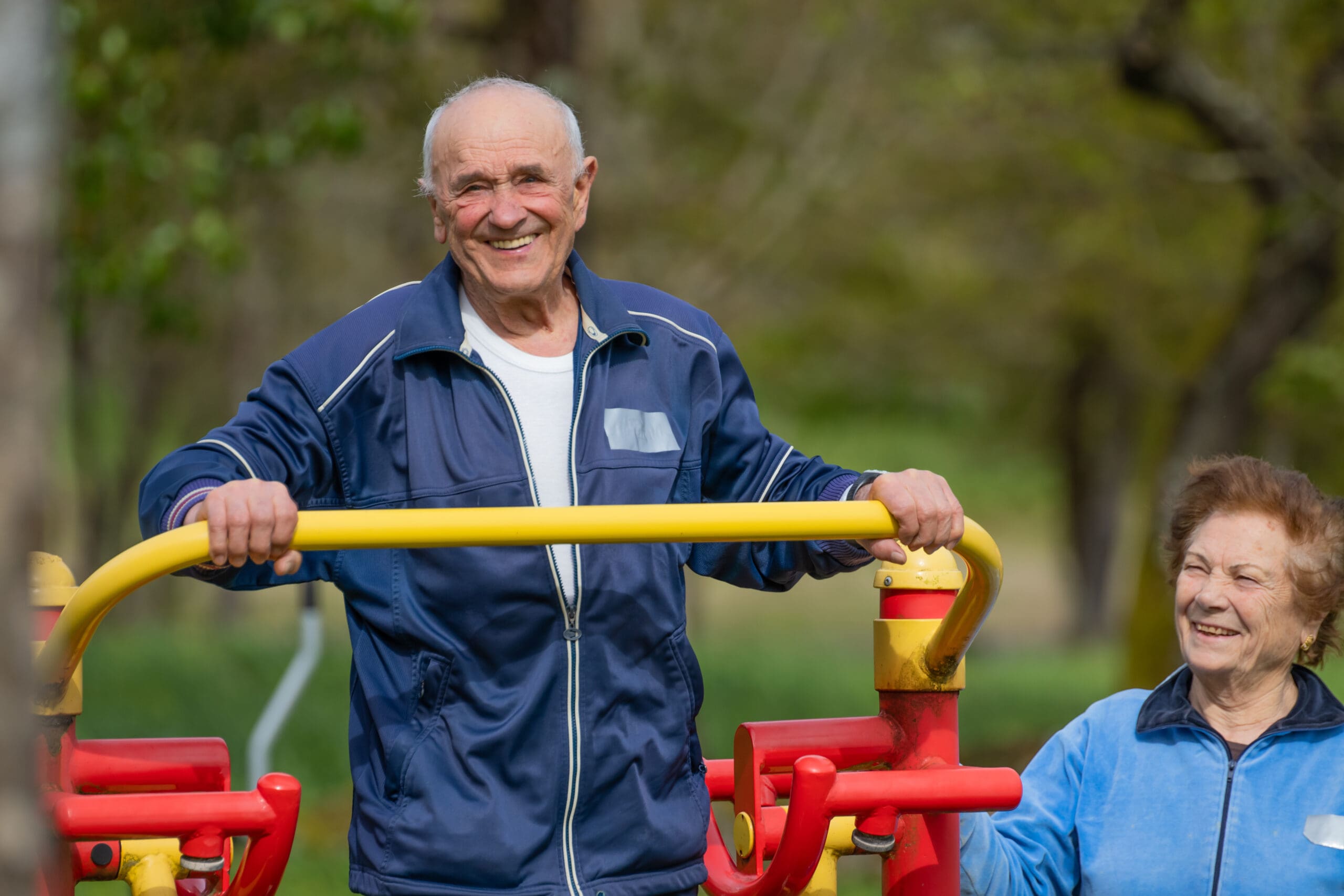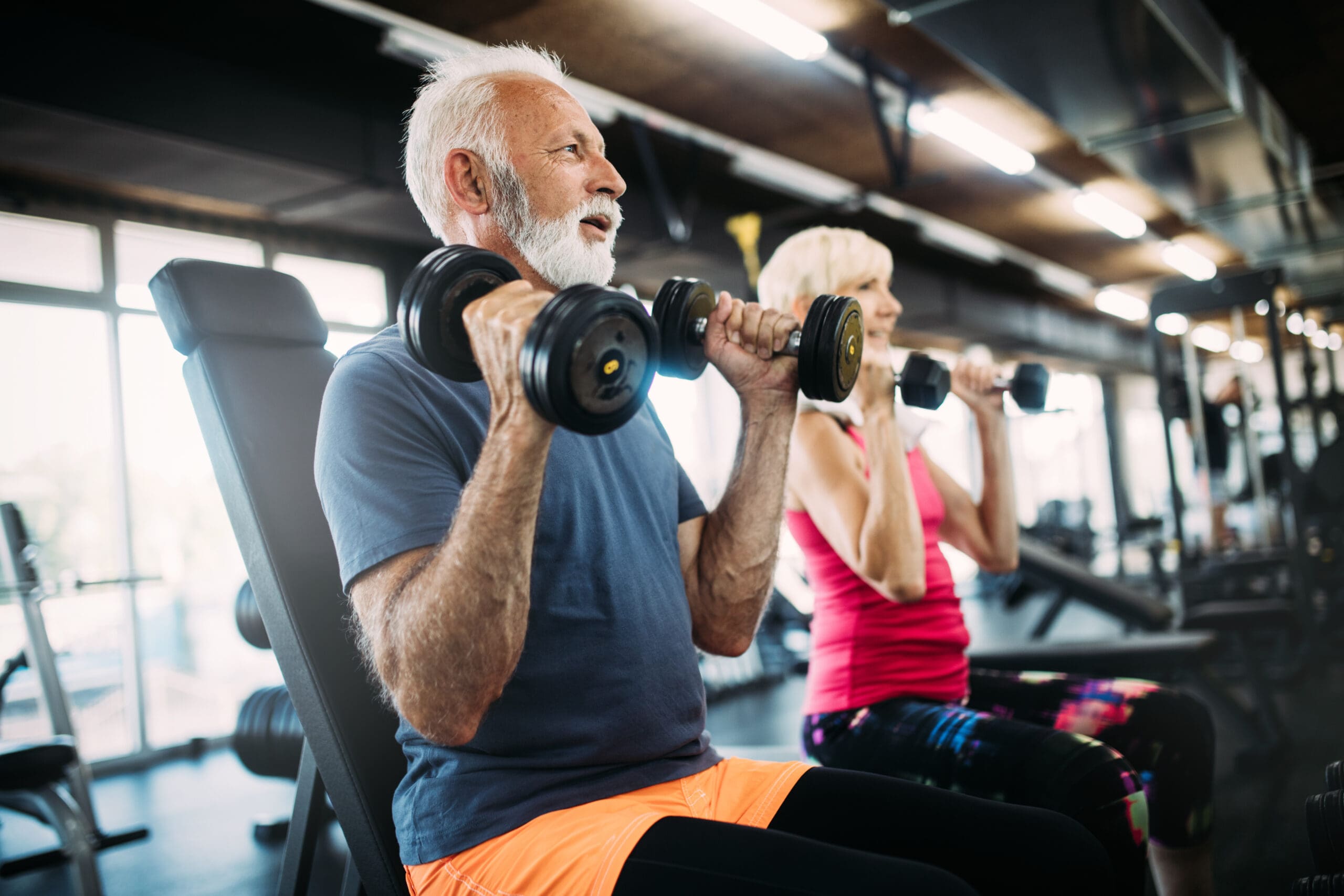When is the best time to work out?
By Jessah Robinson, Nutrition Consultant
While some people easily bounce out of bed before sunrise ready and willing to hit the pavement or head to the gym, others much prefer to get that extra hour of sleep and get their sweat on after work or in the evening. Everyone has their own personal preference, and there are benefits to both morning and afternoon sessions.
Early morning training is good for weight loss as you are training in a fasted state. This time is optimal for fat burning as you are burning energy stores rather than your energy intake from the day. Individuals often find it easier to remain consistent with morning workouts as afternoons and evenings are more likely to clash with other responsibilities or social engagements. Not to mention, after a full day’s work it can be harder to find the motivation to exercise.
Early morning trainers are also more likely to stick to healthy eating, as starting the day right encourages better nutritional choices for the duration of the day. This is due to exercise releasing endorphins which makes you feel motivated and energised. Morning workouts can also encourage healthy sleep. A study that was published in Vascular Health and Risk Management indicated that early morning may be the most beneficial time to engage in aerobic exercise to enhance nocturnal blood pressure (BP) changes and sleep quality.
Although there are many benefits to early morning workouts, don’t stress if you can’t fit a workout in before noon as there are also many benefits to an afternoon workout session. If you are wanting to increase your strength, training later in the day is advantageous. This is due to the fact that your workout will be fuelled by the meals you’ve consumed during the day which will give you the strength to lift more. In the evening, testosterone is more responsive for both sexes, creating the prime time for muscle response and growth. As your body’s core temperature tends to increase throughout the day, this means in the late afternoon your body temperature is at its highest which causes increased flexibility. The afternoon is also when your heart rate and blood pressure are at their lowest which means improved muscular strength and performance, thus reduced chance of injury. You may benefit from taking L-glutamine, an amino acid that is vital for muscle growth and healthy muscle function and assists muscle recovery after exercise.
If you struggle to get to sleep, evening training may not work for you. After exercising your energy levels go up, your mood improves and your brain is all fired up, which can make it difficult to wind down and get some shut eye. Perhaps try for a morning workout, and spend your evenings meditating, reading or relaxing in other ways to stimulate sleep. Magnesium is a powerful mineral which helps to promote relaxation and healthy sleep, and also helps to ease muscle spasms and cramps.









Leave A Comment